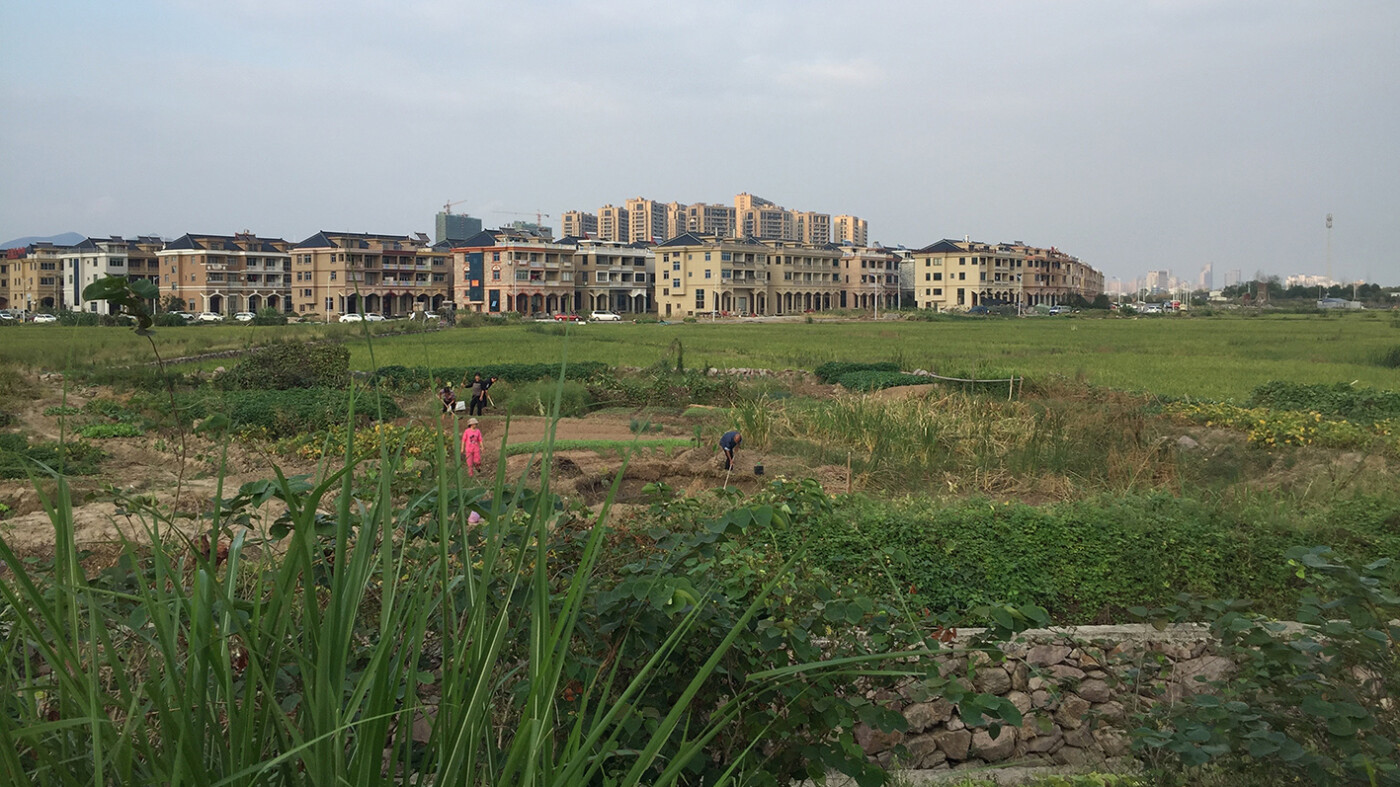Urban-Rural (dis-)continuities

„Urban – rural (dis-)continuities“. Better understanding the urban-rural interactions to ensure equitable, green and healthy urban transitions in Europe and China through nature-based solutions
Session chaired by: Prof. Dr. Philipp Misselwitz (TU Berlin) and Dr. Ellen Banzhaf (Helmholtz Centre for Environmental Research – UFZ, Leipzig)
Thu, 26 Nov 2020 - 13:30 (CET)
Conference Website & Registration
Full URP 2020 Conference Programme
Details on the sessions, programmes and contributions are available in the Mobile Event App https://urp2020.plazz.net/
Topic
Following the call for new integrated territorial planning approaches and people- and place-based development at the urban-rural interface that is aligned with the localisation of SDG’s and the New Urban Agenda (NUA), the session takes stock of recent attempts to develop new approaches which accounts for the manifold interrelations and linkages between urban and rural spaces. During rapid urbanisation processes, historically evolved intricate urban-rural metabolisms are often at risk exacerbating environmental, social and economic sustainability challenges. In this context, Nature-based Solutions (NBS) offer a useful conceptual framework in which to readdress multidimensional and multi-scalar contemporary challenges facing both urban and rural areas such as climate change resilience, biodiversity loss, and social equity.Topic
The session will invite an assessment of innovative sociotechnical and nature-based solutions facing socio-economic and environmental challenges by building on approaches of, e.g., air pollution, noise, water risk and water quality management, waste management, resource efficiency, ecological food production, eco-tourism and revitalisation of cultural and built heritage at the urban-rural interface. What are specific conceptual and/ or practically tested solutions? How do they impact efficiently on the sustainable transformation of urban and rural spaces? Exemplifications may relate to the EC funded REGREEN project for Europe and China (https://www.regreen-project.eu/) and the BMBF-funded Sino-German research project “Urban-Rural Assembly (URA)” (https://urbanruralassembly.com).
Papers to be discussed:
Assessment of Relationships between Land-use Changes and Socio-Economic Restructure at the Local Scale: A Case Study of Taizhou in China
Huang Huang; Sigrun Abels (TU Berlin); Suili Xiao; Wolfgang Wende (IOER, Dresden)
Cities at a cross-road: Nature-Based Solutions and meta-governance of urban green transitions in Europe
Anne Jensen (Aarhus University, Denmark); Duncan Russel (University of Exeter, UK)
A framework for multi-scale benefits in Urban-Rural interactions
Laurence Jones; David Fletcher; Vieno Massimo; Mike Hutchins; James Miller; Nuria Bachiller-Jareno (UK Centre for Ecology and Hydrology); Ellen Banzhaf; Julius Knopp (UFZ Helmholtz Centre for Environmental Research, Germany); Jun Yang (Tsinghua University, China); Zhao Bin; Jun Ma; Wanben Wu (Fudan University, Shanghai, China); Yaoyang Xu (Chinese Academy of Sciences); David Neil Bird (JOANNEUM RESEARCH Forschungsgesellschaft mbH, Austria); Gregor Levin
Nature-based solutions for Aarhus – potentials and gaps
Lene Vinther Larsen (Aarhus Municipality, Denmark)
Urban Greening or Browning? Observations, Drivers and Impacts: A lesson from 107 cities in China
Wanben Wu; Zhao Bin; Jun Ma (Fudan University, Shanghai, China)
Biodiversity patterns of woody plants under urban-rural gradients in Shenzhen, China
Xiangyu Luo; Jingyi Yang; Jun Yang (Tsinghua University, Beijing, China)
Resilience of the industrial growth and optimization of the spatial distribution in the developing county: the case study of Linqu County in China
Guiqing Yang; Daijun Song; Liyao Wang; Yuwei Zhang; Tian Qin (Tongji University, Shanghai, China)
Nature-based solutions in rural areas for urban flood protection
Marianne Zandersen (Aarhus University, Denmark)